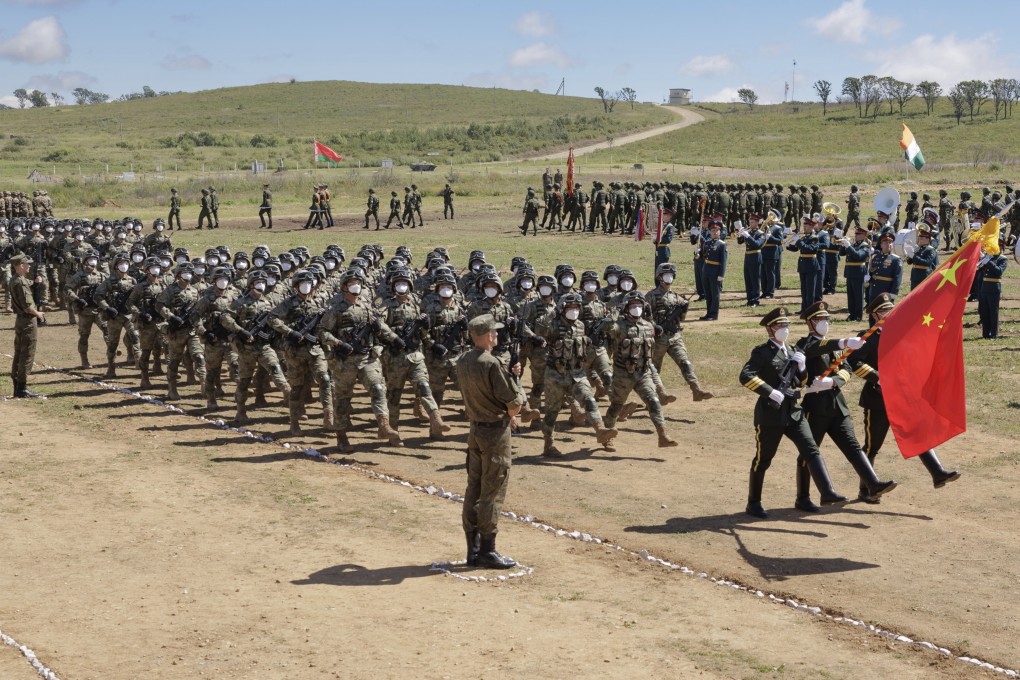China faces dilemma over military ties with Russia: move closer or start to back off?
- Chinese troops are taking part in the Vostok exercises with their Russian counterparts and the country is still buying equipment from its neighbour
- Analysts say Beijing may be reluctant to deepen the military relationship with Moscow at the risk of further antagonising the US

China’s recent involvement in large-scale war games with Russia has left observers looking for clues about how it will balance its need to maintain military ties with Moscow while not getting too close and risking a strong reaction from the United States.
Observers are watching the Vostok games for signs the two military giants are becoming closer and potentially offering mutual support.
But the relationship is changing: the PLA’s technological development has advanced so far that it overshadows its Russian counterparts in some areas.
Geopolitical considerations after the Ukraine war have also made Beijing more cautious about its military ties with Russia, according to Artyom Lukin, an associate professor at the Far Eastern Federal University’s regional and international studies school in Vladivostok.